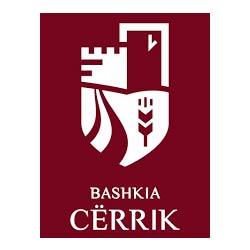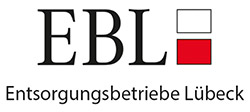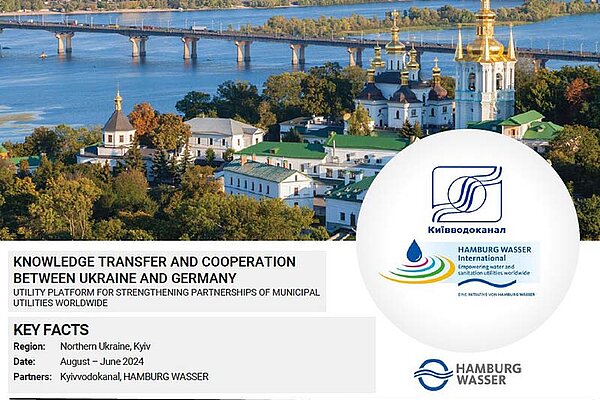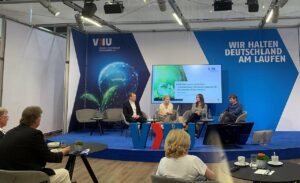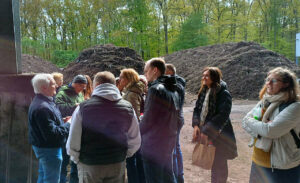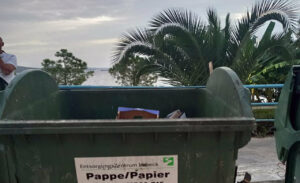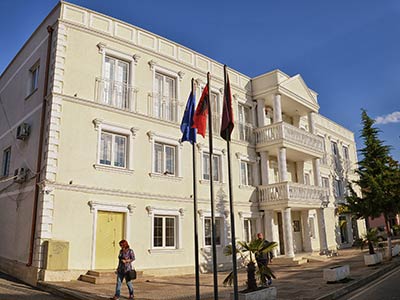The project
Cërrik already operates the first municipally run composting plant in Albania, which is to be operated and expanded more effectively with the help of Entsorgungsbetriebe Lübeck. The partnership will focus on optimising the process and the quality of the compost product.
As Entsorgungsbetriebe Lübeck has a high level of expertise in this area, support is to be provided within the partnership.
Features
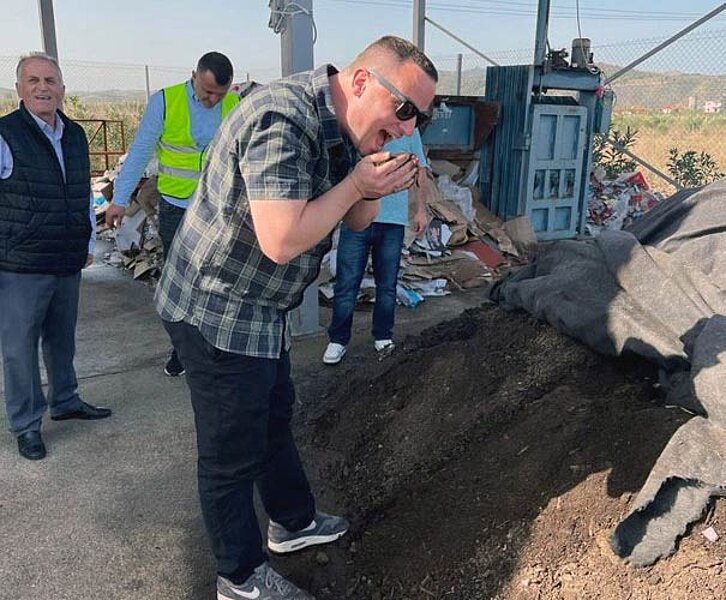
There are good reasons for operating a composting plant:
- Waste quantities in landfills can be reduced;
- Compost produced from green waste can be a valuable fertiliser that increases the fertility and water retention capacity of the soil;
- Compost can replace peat and thus reduce the degradation of peatlands, which releases a lot of CO2 into the atmosphere after drainage;
- Composting prevents the uncontrolled decomposition of green waste, which produces methane, a gas that is very harmful to the climate, and releases nitrogen that is valuable for plants.
—
Last Update: January 2024
